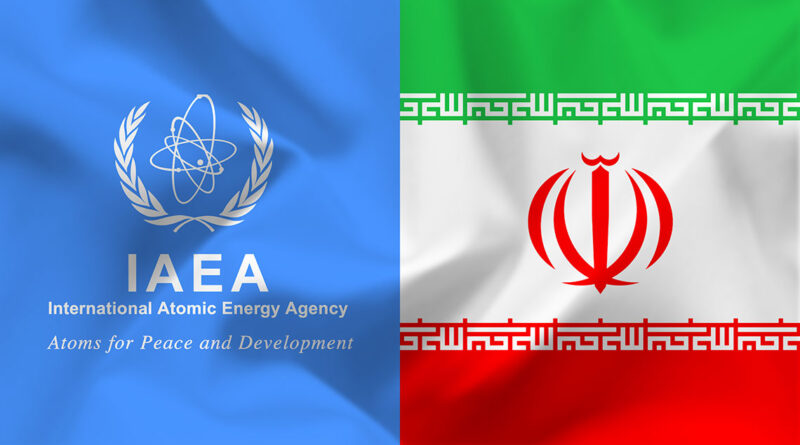Iran Halts Collaboration with International Atomic Energy Agency
Masoud Pezeshkian, Iran’s President, directed a halt in the nation’s collaboration with the International Atomic Energy Agency (IAEA) on July 3, following a series of devastating attacks on significant Iranian nuclear facilities by the US. This directive was issued amidst an aerial battle between Israel and Iran. The impending discussions between Iran and the IAEA are expected to be intricate due to their scientific and technical nature, as stated by the Islamic Republic’s Foreign Ministry. This meeting marks the first gathering between Iran and the nuclear oversight institution since Iran severed its ties with the IAEA the previous month.
The relationship between Iran and the IAEA deteriorated after the beginning of a 12-day aerial conflict initiated by Israel and the US in June. This war led to key Iranian nuclear sites being destructively targeted. A day before Israel launched airstrikes on Iran, triggering the conflict, the IAEA’s board announced on June 12 that Iran had violated its non-proliferation commitments.
In the aftermath of the assaults, the deputy head of the IAEA is due to visit Iran, but no agreements have been made to permit access to the compromised nuclear facilities. The IAEA refrained from releasing an immediate statement concerning this visit. A possible meeting between Foreign Minister Abbas Aragchi and Esmail Baghaei, the spokesperson for the Iranian Foreign Ministry, was mentioned, but the details of these ‘technical and complicated’ talks remain uncertain.
Baghaei voiced displeasure over the IAEA’s stance during the June conflict with Israel, observing that Iran’s peaceful facilities were subjected to ongoing airstrikes, despite being closely monitored. He lamented the organization’s failure to respond in a fair and judicious manner, and its decision to stay silent rather than denounce the attacks as demanded by international compliance.
Previously, Aragchi pointed out that the nature of the cooperation between Iran and the International Atomic Energy Agency would need reassessment and reinforcement, a process that now requires the endorsement of the Supreme National Security Council, Iran’s highest security institution. This decision is poised to place further restrictions on the IAEA inspectors’ ability to trace Iran’s program that continued its uranium enrichment activities to near weapons-grade levels.
On the backdrop of the bombing of Iran’s three primary nuclear sites by the US and an ongoing aerial war with Israel, President Pezeshkian renewed his July 3 directive for Iran to cease its collaboration with the IAEA. This warfare condition resulted in the loss of nearly 1,100 lives, including several military generals, in Iran.
In response to this, Iran launched retaliatory airstrikes on Israel, claiming 28 lives. In previous dealings with Western nations, Iran had resorted to limiting IAEA inspections as a bargaining chip in negotiations. It remains uncertain when discussions between Tehran and Washington D.C. regarding a possible agreement on Iran’s nuclear program will restart.
According to assessments by United States intelligence agencies and the IAEA, Iran last operated an organized nuclear weapons program in 2003. Yet, there have been reports of Tehran enriching uranium up to 60%, alarmingly close to the weapons-grade threshold of 90%.

